Burn injuries can wreak havoc on your life, causing intense pain, disfigurement, and long-term complications… not to mention the mounting medical bills. When someone’s negligence is to blame, you deserve to make them pay. At JCJ Law Group, we fight relentlessly to ensure you get every penny you deserve.
Common reasons for burn injuries:
House fires
House fires, often sparked by faulty wiring, unattended cooking, or malfunctioning appliances, can cause devastating burns. When these fires occur, landlords might be liable for failing to maintain safe living conditions or address known hazards. Additionally, manufacturers could be held responsible if defective appliances or electronics are the cause.
Workplace accidents
Burns from industrial accidents, such as chemical spills, explosions, or contact with hot machinery, are common in high-risk work environments like factories and construction sites. Employers may be held accountable if they fail to implement adequate safety measures, provide proper training, or supply necessary protective equipment.
Car accidents
Car crashes can result in burns from gasoline fires, hot metal, or deployed airbags. The liability can extend to negligent drivers who cause accidents and/or manufacturers of defective car parts, such as faulty fuel systems or malfunctioning airbags. We investigate the circumstances of the accident to identify all possible parties responsible for your injuries.
Defective products
Faulty electronics, flammable materials, or poorly designed appliances can cause severe burns. Manufacturers and retailers have a duty to ensure their products are safe for consumer use. If they fail to meet safety standards or provide adequate warnings about potential dangers, they can be held liable for injuries caused by their defective products.
Scalding
Hot liquids or steam can cause severe scalding injuries. Property owners, such as landlords or business operators, might be liable if they fail to maintain safe environments, such as regulating water heater temperatures or providing adequate warnings. Caregivers, too, can be held responsible if they neglect to supervise or protect individuals from scalding risks.
Chemical burns
Exposure to harsh chemicals in workplaces or public spaces can lead to serious burns. Companies handling dangerous substances must follow strict safety regulations, including proper storage, labeling, and employee training. Property owners must also secure hazardous materials to prevent exposure. Failure to do so can result in liability for any injuries.
Steps to take immediately after burn injuries:
- Stop the burn by removing the source of heat, chemicals, or electricity.
- Cool the burn with lukewarm running water for at least 10-20 minutes.
- Remove any clothing or accessories near the burned area unless they are stuck to the skin.
- Cover the burn with a clean, non-stick bandage or cloth to protect it from infection.
- Avoid applying creams, oils, or other home remedies, as they can worsen the burn.
- Elevate the burned area above heart level if possible to reduce swelling.
- Seek immediate medical attention for serious burns, especially if they cover a large area, are deep, or involve the face, hands, feet, or genitals.
- Document the incident by taking photos of the burn and the scene.
- Contact JCJ Law Group to discuss your legal options and explore your options.

Steps we take to handle burn injury claims:
- Investigate the incident thoroughly to determine the cause and identify all liable parties.
- Gather medical records, photos, witness statements, and expert testimony.
- Assess the full extent of your injuries and calculate the compensation needed.
- Negotiate with insurance companies and opposing parties to secure the maximum settlement.
- File all necessary legal documents promptly and accurately to avoid any delays in your case.
- Represent you in court if a fair settlement cannot be reached.
- Support your recovery by connecting you with medical professionals and resources.
Burn injuries FAQs
Who can be held liable for my burn injuries?
Liability for burn injuries depends on the circumstances of the incident:
- Landlords: If the injury was caused by faulty wiring or other maintenance issues.
- Employers: If the injury occurred at work due to inadequate safety measures.
- Manufacturers: If a defective product caused the burn.
- Drivers: If a car accident led to the burn injuries.
- Property Owners: If unsafe conditions on their property caused the injury.
How much compensation can I expect to receive?
The compensation for burn injuries varies based on factors such as:
- Severity of the injury and the extent of medical treatment required.
- Impact on your ability to work and earn an income.
- Pain and suffering experienced as a result of the injury.
- Long-term effects and potential for ongoing medical care.
What if I can't afford a lawyer?
At JCJ Law Group, we offer free consultations and work on a contingency fee basis. This means you don’t pay any upfront fees, and we only get paid if we recover compensation for you. Under this model, our interests are aligned, and we remain committed to making the responsible parties pay the maximum possible compensation for your damages. And remember, getting 70% of something is a hell of a lot better than 100% of nothing, so contact us without delay.
How long do I have to file a burn injury claim?
In Texas, the statute of limitations for personal injury claims, including burn injuries, is generally two years from the date of the injury, so contact us to get the process started immediately.
What evidence is needed to support my burn injury claim?
Supporting a burn injury claim requires comprehensive evidence, including:
- Medical records documenting your injuries and treatment.
- Photographs of the burn injuries and the accident scene.
- Witness statements from those who saw the incident.
- Expert testimony to establish liability and the extent of your injuries.
- Financial records to demonstrate lost wages and other economic losses.

Contact Us for a
Free Case Evaluation